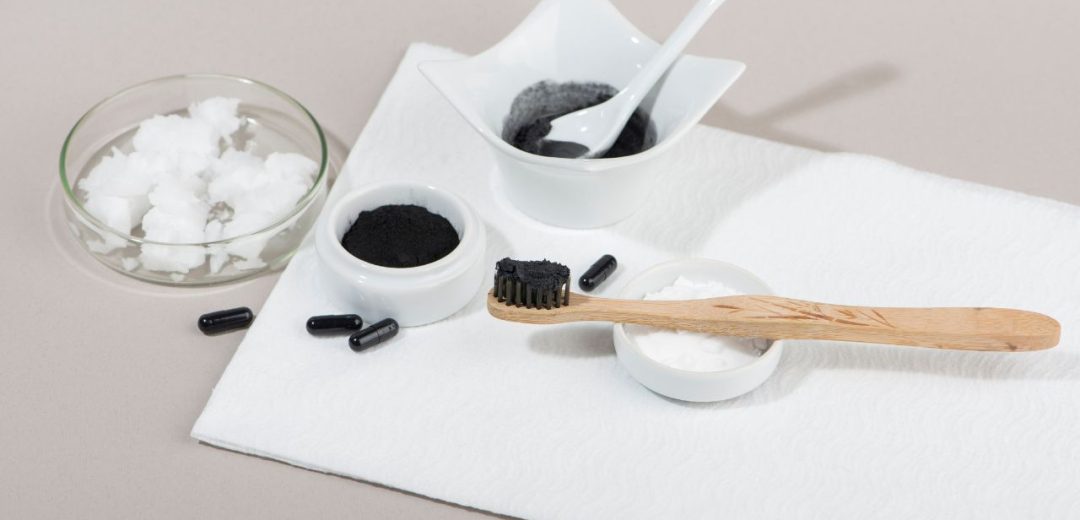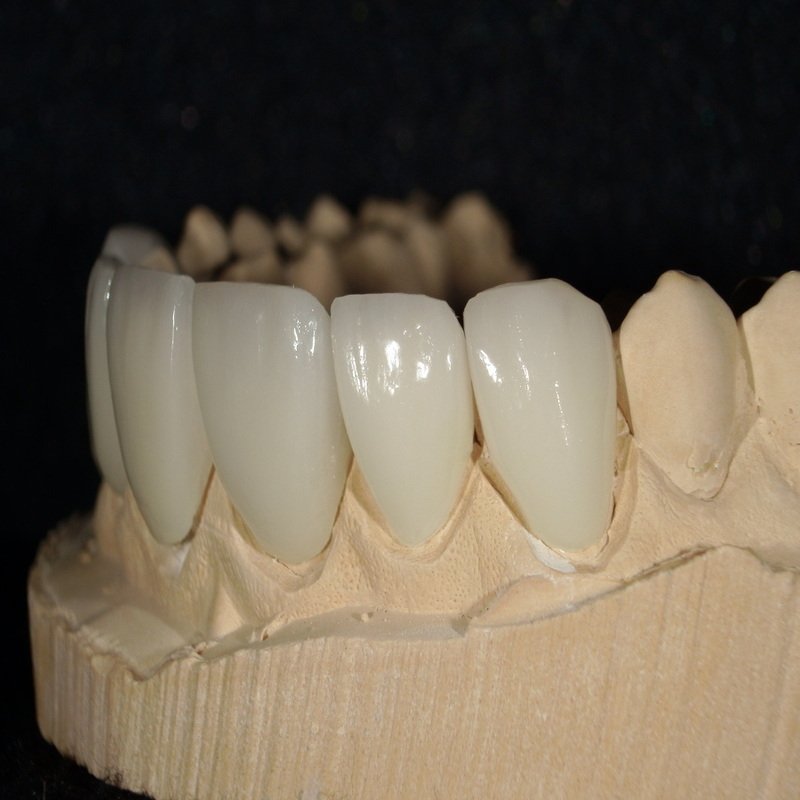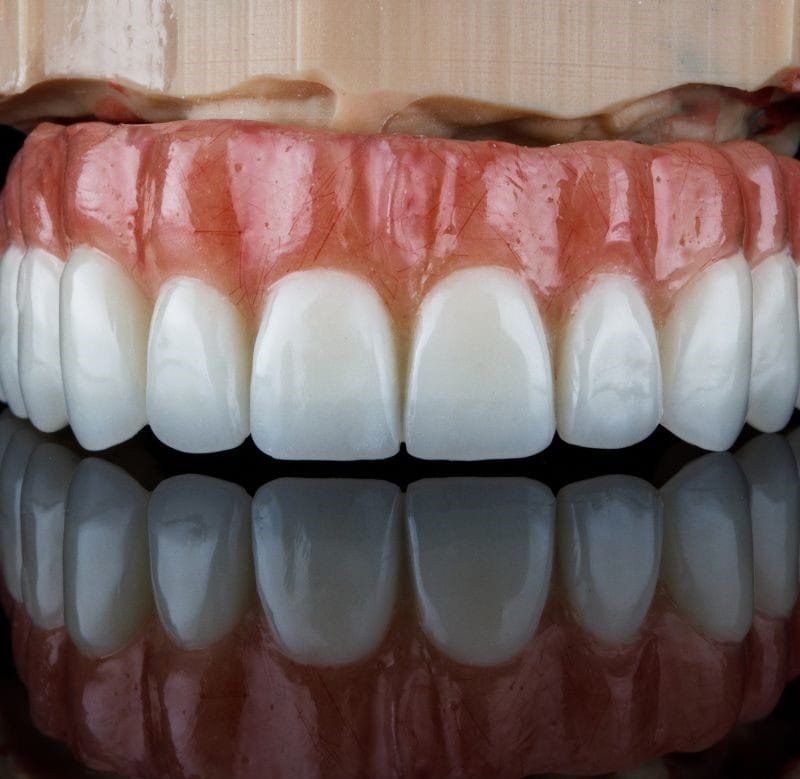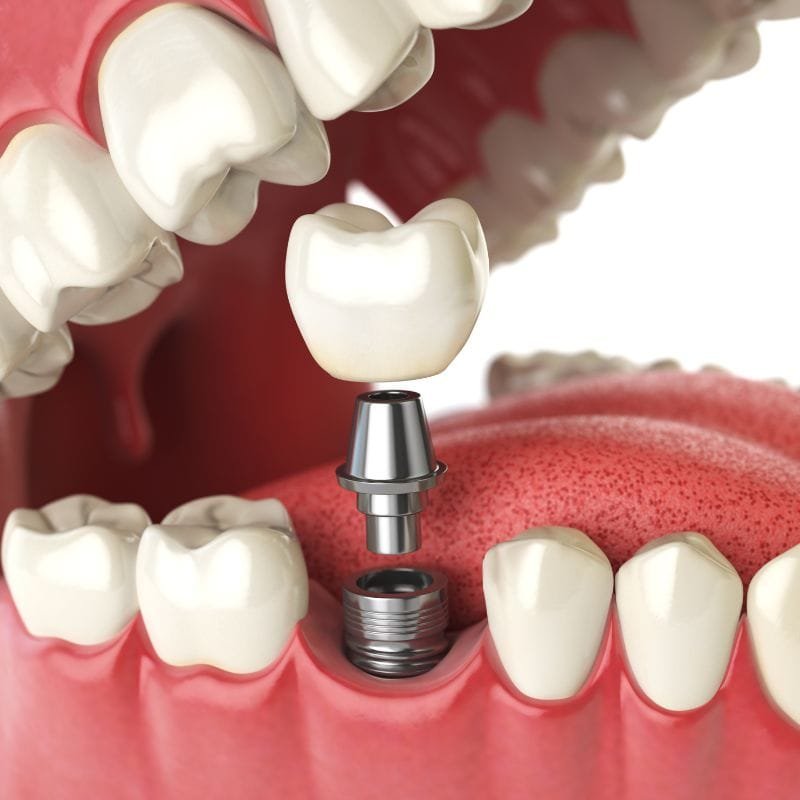DIY Teeth Whitening Remedies
Still DIY teeth whitening? According to research, Americans spend billions annually treating cavities and teeth whitening. Everyone always tries their best to save some coins and attempt new methods.
DIY teeth whitening is one of them. Nowadays, you can resort to cheaper, homemade ways to get whiter teeth without spending money on professional products.
But how much money are you saving for your teeth and money? It’s time to dive into how effective these methods are and what you can do to get better results without hurting your finances.
Are DIY Teeth Whitening Remedies Good?
We all dream of getting influencer-looking teeth with minimum effort in one day. But it’s vital to keep reminding people that this is unrealistic with any home remedy.
Some may also believe that since you use natural ingredients, it just can’t be that bad. Natural is always better, right?
Well, only sometimes. When it comes to your oral health, it can be even more detrimental, even ruining your teeth. Most DIY teeth whitening methods require the use of acidic ingredients.
An excellent example of these components is lemon juice, apple cider vinegar, and very abrasive baking soda. This combination of acids can cause significant damage to your enamel, which is the protective layer of your teeth that protects you from sensitivity.
This is also the layer that you’re trying to whiten with the remedies. If you rip it away, your teeth will turn white for a bit and become even more yellow than they used to be.
The color comes from dentin, a bone substance that lies beneath the enamel and is naturally yellow. But it’s also pretty vulnerable to decay.
We’ve listed some of the most common DIY teeth whitening products online. These products promise to make your teeth sparklier. We’ll discuss how they should work and why they might not be the best idea.

#1 Hydrogen Peroxide
Hydrogen peroxide is the most common ingredient in tooth-whitening products. Most hydrogen peroxide bottles sold in drugstores and supermarkets have a dilution of 3%.
The quantity of hydrogen peroxide in commercial whitening treatments varies, although some products contain 10% hydrogen peroxide.
Hydrogen peroxide dilution is a good whitening method. Hence, many people resort to it.
However, tooth sensitivity is the most prevalent negative effect of using hydrogen peroxide. This occurs because peroxide, when used too frequently or in high quantities, can cause considerable damage to teeth’s protective enamel, inflammation of the dental roots in the gums, and infection.
To properly use hydrogen peroxide, ask your dentist whether it’s a good option for you and how to use it specifically on your mouth.
#2 Baking Soda
Baking soda is mildly abrasive and helps remove stains from the surface of the teeth, as well as acid-based food stains on teeth caused by coffee, tea, and red wine, for example.
Nevertheless, it also has some cons to consider. To begin with, it’s a bit of a disaster to use. Baking soda is a cheap way to brush your teeth, but it’s not as easy to apply as toothpaste.
Baking soda is also ineffective in combating plaque because it can’t kill the bacteria contributing to plaque formation in your mouth. It lacks the necessary amount of fluoride to keep teeth cavity-free.
Baking soda’s abrasive characteristics can cause problems for gums if not utilized carefully, just as they can wear away your enamel if used excessively.
#3 Oil Pulling
Oil pulling is familiar. It is, in fact, traditional Indian medicine that claims to whiten teeth, refresh breath, and enhance dental health.
Coconut oil is becoming increasingly popular for oil pulling. Many people swear by this remedy, claiming it helps them in other ways. However, the American Dental Association concluded that insufficient evidence supports the practice of oil pulling for whitening teeth.
Although there aren’t many reported side effects from oil pulling, some have brought attention to case reports of lipoid pneumonia linked to oil pulling or mineral oil aspiration. Some have also noticed that their stomach gets upset.
#4 Activated Charcoal
Activated charcoal could help remove stains on teeth. Since charcoal is somewhat abrasive, it can absorb surface stains to a certain extent.
However, there is no proof that it works on stains beneath a tooth’s enamel or has a natural whitening effect needed to whiten teeth properly.
While we recognize that activated charcoal is effective for many things, there isn’t enough scientific data to support its effectiveness for teeth whitening.
#5 Apple Cider Vinegar
Apple cider vinegar has been praised as a miracle cure for various external and internal conditions, from sunburn relief to acne therapy to lowering the risk of heart disease.
Many sources recommend using apple cider vinegar to whiten teeth, either diluted, at full strength or combined with other products like baking soda.
However, most of those sources ignore any potential drawbacks to this method. Because of its level of acidity, apple cider vinegar is a huge threat to tooth enamel.
You will also need the guidance of your dentist. Informed yourself if you should use it on your teeth and, if so, what is the least damaging way.
Get Your Teeth Whiter With Reliable Methods
Although you’re free to try any of these remedies and come to a conclusion yourself, it is important to consider the risks for your oral health.
You can always ask a Tijuana dentist for advice on adding them to your daily hygiene routine.
But no matter what, you will always get much better results using proven whitening methods.
Such as, you guessed it! In-office teeth whitening.
Not only will it give you the immediate white smile you’re looking for, but you’ll also have long-lasting results without the need to keep up with any type of remedy. You’ll only have to brush and floss as usual.
If it’s the cost that you’re worried about, there’s no need to! Visit a dentist in Tijuana and get the best high-quality service at an affordable price. Call or message us to get started and book your first whitening appointment.
It’s better to leave your oral health to experts and avoid the risk of pain and expensive treatments in the future due to bad dental practices.


